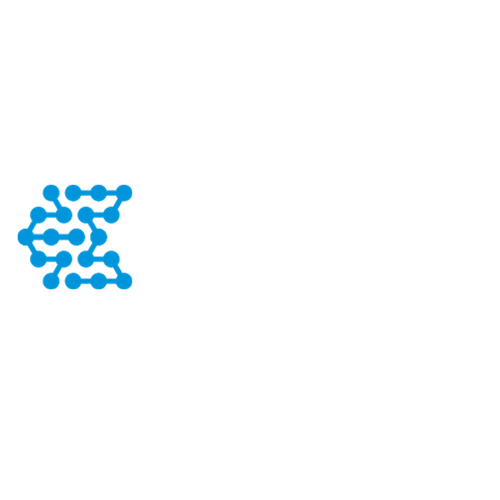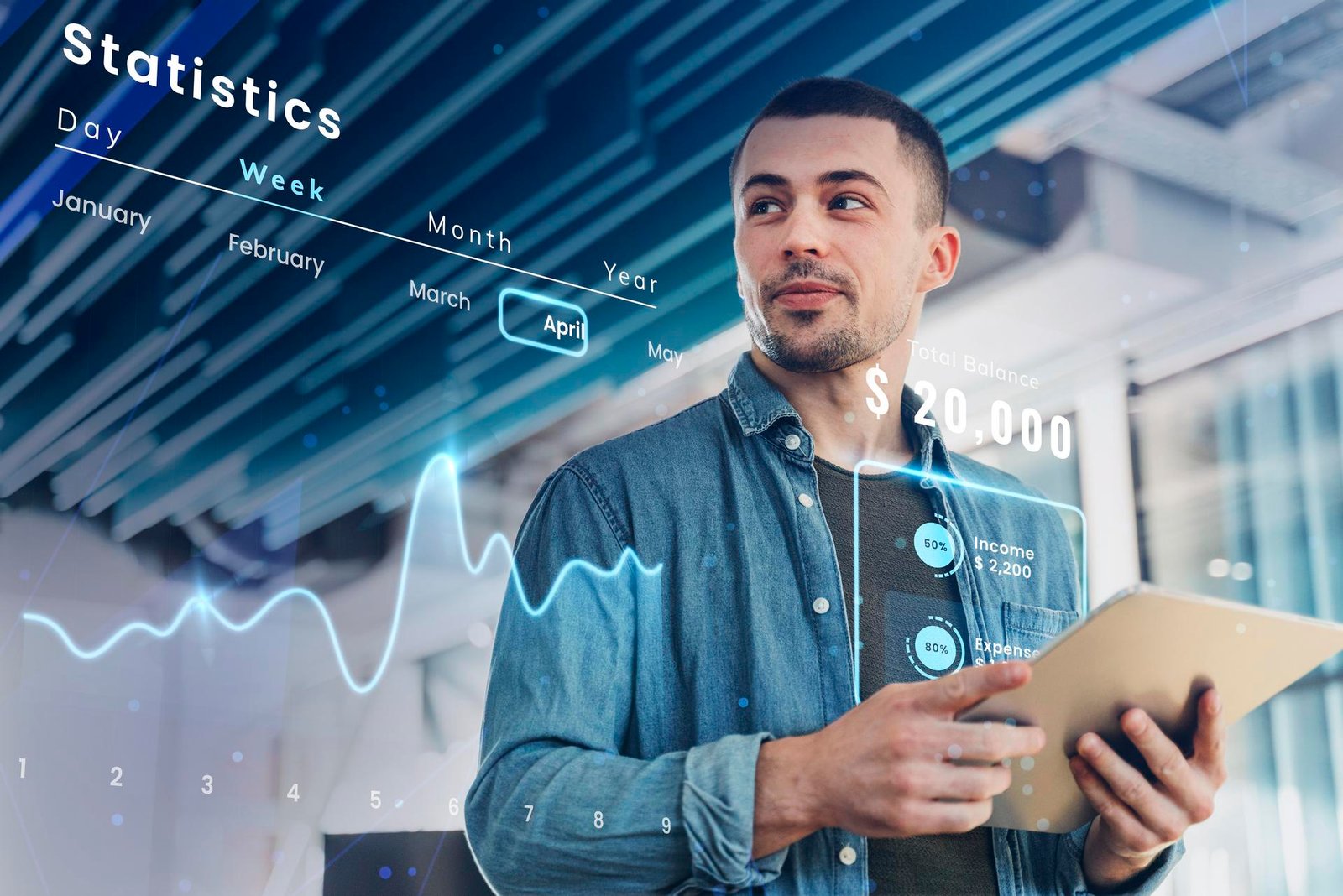Table of Contents
Introduction
In the ever-evolving landscape of healthcare, Artificial Intelligence (AI) emerges as an innovative force. AI in healthcare, often known as “AI in healthcare,” represents a groundbreaking synergy between technology and medicine. This dynamic duo is reshaping patient care, diagnosing diseases, and administrative processes through powerful tools.
Consider picture AI as a digital secretary in medical centers making operations easier, diagnosis more accurate and customizing patient services. Indeed, the potential of AI in healthcare reaches much beyond innovative medical imaging and treatment plans optimization. This journey of AI in health care takes us through the transformational history that will change how medical practice is done today and tomorrow.
AI in Diagnosis and Treatment
Game-changing Medical Imaging
The incorporation of AI into medical imaging marks a significant advancement in diagnostic capabilities. Utilizing advanced algorithms and machine learning, AI brings a heightened level of skill in detecting subtle abnormalities compared to traditional methods. Research has shown AI surpassing traditional diagnostic techniques, particularly in the detection of breast cancer. This game-changing shift not only guarantees greater accuracy, but also offers increased efficiency as AI joins the ranks of reliable diagnostic tools.
Precision Medicine
AI’s influence extends beyond diagnostics into the realm of precision medicine. By dissecting vast datasets, including genomic information, lifestyle factors, and environmental variables, AI transcends the one-size-fits-all approach to treatment. The result is a tailored, patient-centric methodology that not only considers individual nuances but also predicts health outcomes and risks with an unprecedented level of accuracy. This marks a paradigm shift towards a more personalized and effective healthcare paradigm.
Treatment Optimization
The convergence of AI and treatment optimization is not merely a theoretical concept but a tangible reality reshaping therapeutic approaches. Through the meticulous analysis of patient characteristics, preferences, and responses to therapy, AI designs bespoke treatment plans. This nuanced, data-driven methodology not only enhances clinical decision-making but also contributes to better patient outcomes and an evolution toward more efficient healthcare delivery.
Surgical Precision
As the lights dim in the operating theater, the stage is set for an extraordinary performance. The silent virtuoso, AI, takes center stage, its advanced capabilities enhancing surgical precision and safety. With real-time guidance and feedback mechanisms, surgeons are empowered to navigate complexities with unprecedented accuracy, revolutionizing the way surgeries are performed. Rather than replacing human expertise, AI serves as a trusted collaborator, elevating our capabilities and minimizing errors caused by fatigue or variability. This results in a harmonious partnership, where surgery becomes a seamlessly choreographed dance of human skill and technological precision.
AI in Administration and Research
Streamlining Operational Workflows
The infusion of AI into healthcare administration heralds a new era of streamlined operational workflows. Natural Language Processing (NLP) algorithms, with their ability to decipher and transcribe clinical notes from diverse inputs, alleviate the administrative burden. This not only enhances the efficiency of healthcare providers but also paves the way for a more comprehensive, accessible, and interconnected healthcare ecosystem.
Operational Optimization
Beyond documentation, AI’s impact on operational workflows extends to scheduling, billing, and inventory management. The optimization of these processes not only minimizes errors but also enhances resource allocation, reducing delays, and elevating overall patient satisfaction. This operational synergy underscores AI’s role as a catalyst for efficiency within the intricate machinery of healthcare provision.
Accelerating Medical Research
“Within the world of medical research, AI acts as a powerful catalyst, propelling the pace of discovery with unprecedented velocity. By leveraging its capacity to navigate extensive datasets, AI expedites crucial tasks such as literature searches, data analysis, and hypothesis generation. This is particularly evident in the realm of drug discovery, where AI adeptly sorts through intricate molecular complexities to unveil potential candidates for in-depth exploration. The dynamic partnership between AI and human researchers is revolutionizing the traditional narrative of medical breakthroughs.”
AI in Patient Engagement and Education
Empowering Patients
The emergence of AI-driven virtual health assistants represents a significant change in how patients are engaged in their healthcare. These digitized companions, be it in the form of chatbots, mobile applications, or intelligent speakers, serve as tailored guides for individuals. In addition to handling routine interactions, they also successfully respond to inquiries, offer medication reminders, track symptoms, and even provide emotional support. This marks a new era where patient engagement extends beyond simply delivering information to fostering a dynamic and supportive connection.
Mental Health Support
AI’s role in mental health support is a testament to its societal impact. By discerning emotions, providing therapeutic interventions, and offering preventive measures against suicide, AI addresses critical gaps in mental health services. Its non-intrusive nature and access redefine the landscape, making mental health support more widely available, particularly for marginalized or stigmatized populations.
Enhancing Patient Education
Patient education, powered by AI, transforms into a personalized journey. By delivering content that is not just informative but interactive, AI ensures that patients actively participate in their healthcare journey. This tailored approach contributes to increased health literacy, enabling patients to make informed decisions and actively manage their well-being.
Challenges and Opportunities
Navigating the Complex Landscape
The possibilities for utilizing AI in the field of healthcare are immense, however, there are hurdles to overcome on this journey. Central to these challenges is the issue of data – its caliber, accessibility, and the intricate ethical concerns related to its utilization. As a result, initiatives aimed at promoting data integrity, seamless integration, and ethical standards are crucial in navigating this unfamiliar terrain.
Bias and Fairness
Addressing biases within AI algorithms is paramount to ensuring equitable outcomes in healthcare. A continuous commitment to monitoring, transparency, and the integration of bias mitigation strategies becomes the linchpin for creating an AI ecosystem that is inherently fair and just.
Transparency and availability
The opacity inherent in AI algorithms necessitates a delicate balance between transparency and protecting individual information. Achieving this balance is crucial in fostering trust among clinicians, patients, and regulators. Transparency also plays a pivotal role in demystifying the ‘black box’ perception surrounding AI in healthcare.
Human Expertise and Collaboration
“Incorporating AI into healthcare does not seek to replace human expertise, but rather to create a valuable partnership. While AI offers impressive capabilities, the distinct qualities of human intuition, empathy, and judgment remain unparalleled. Thus, the essential harmony between AI and human insights becomes crucial for effectively addressing the ethical, legal, and societal implications of AI in the healthcare field.”
FAQ:
1. What are the research topics for AI in healthcare?
Research topics for AI in healthcare include:
- Explainable AI in Diagnostics: Enhancing the interpretability of AI models for better understanding by clinicians.
- Privacy-Preserving AI: Developing methods to ensure patient data privacy while leveraging AI for analysis.
- AI for Drug Discovery: Exploring AI applications to identify potential drug candidates and optimize pharmacy processes.
- AI in Genomics: Integrating AI to analyze vast genomic datasets for personalized medicine and disease risk prediction.
- Robotic Surgery and AI Integration: Investigating ways to enhance surgical procedures through integrating robotics and AI.
- AI-Driven Virtual Health Assistants: Studying the effectiveness of AI-powered virtual assistants in patient engagement and support.
2. How does AI reduce costs in healthcare?
AI reduces healthcare costs through:
- In operation Efficiency: Automating administrative tasks, such as documentation and scheduling, streamlines workflows, reducing labor costs.
- Preventive Care: AI can predict health risks, enabling proactive interventions that prevent costly complications.
- Personalized Treatment Plans: By tailoring treatments based on individual patient data, AI can optimize resources and reduce unnecessary procedures.
- Remote Monitoring: AI-driven remote patient monitoring can prevent hospital readmissions, cutting down on healthcare expenses.
3. Is the medical field using AI in surgery?
Yes, the medical field is increasingly utilizing AI in surgery.:
- Robotic Assistance: AI-assisted robotic systems enhance surgical precision and reduce aggressiveness.
- Real-time Guidance: AI provides surgeons with real-time information during procedures, improving decision-making.
- Automated Instruments: AI helps in developing surgical instruments that can perform certain tasks freely.
4. How is AI changing the world of healthcare?
AI is changing healthcare by:
- Improving Diagnostics: AI enhances diagnostic accuracy and speed, leading to more timely and effective treatments.
- Personalizing Treatment Plans: Tailoring treatment based on individual patient data for better outcomes.
- Streamlining Operations: Automating administrative tasks improves efficiency and reduces costs.
- Enhancing Patient Engagement: AI-driven virtual assistants provide personalized support, improving patient experiences.
5. Is AI already used in medicine?
Yes, AI is already extensively used in medicine for:
- Diagnostic Imaging: AI aids in interpreting medical images for conditions like cancer, improving accuracy.
- Drug Discovery: AI accelerates drug discovery by analyzing vast datasets and predicting potential drug candidates.
- Patient Risk Prediction: AI predicts patient risks, enabling preventive care and interventions.
- Administrative Tasks: AI streamlines administrative tasks, including documentation and scheduling.
6. When was AI first used in healthcare?
AI was first used in healthcare in the early 1960s. The development of Dendral, an expert system for chemical analysis, marked one of the earliest applications of AI in a medical context. Since then, AI has evolved significantly, with breakthroughs in various areas of healthcare.
7. What are the examples of AI in medical diagnosis?
Examples of AI in medical diagnosis include:
- Diagnostic Imaging: AI assists in interpreting X-rays, CT scans, and MRIs to detect defects.
- Pathology: AI aids pathologists in analyzing tissue samples for cancer diagnosis.
- Skin Care: AI can identify skin conditions and lesions from images for accurate diagnosis.
- Heart Health: AI analyzes cardiac imaging for early detection of heart conditions.
- Oncology: AI predicts cancer risks and helps in developing personalized treatment plans.
Conclusion
In conclusion, the inventive impact of AI in healthcare is a testament to the industry’s commitment to advancing patient care and operational efficiency. As we stand on the precipice of a new era, the strategic integration of AI positions healthcare on a trajectory of unprecedented advancements. This isn’t just a technological evolution; it’s a revision of the very fabric of healthcare delivery and the food industry both are related and AI is used in it. The future holds promises of precision, efficiency, and patient-centricity converging for the betterment of global well-being. AI, as a silent architect of this future, beckons us to embrace its potential responsibly, ensuring that the revolution it ushers in is not just groundbreaking but ethically sound, inclusive, and a beacon of healthcare innovation for generations to come.



















Can you be more specific about the content of your article? After reading it, I still have some doubts. Hope you can help me.